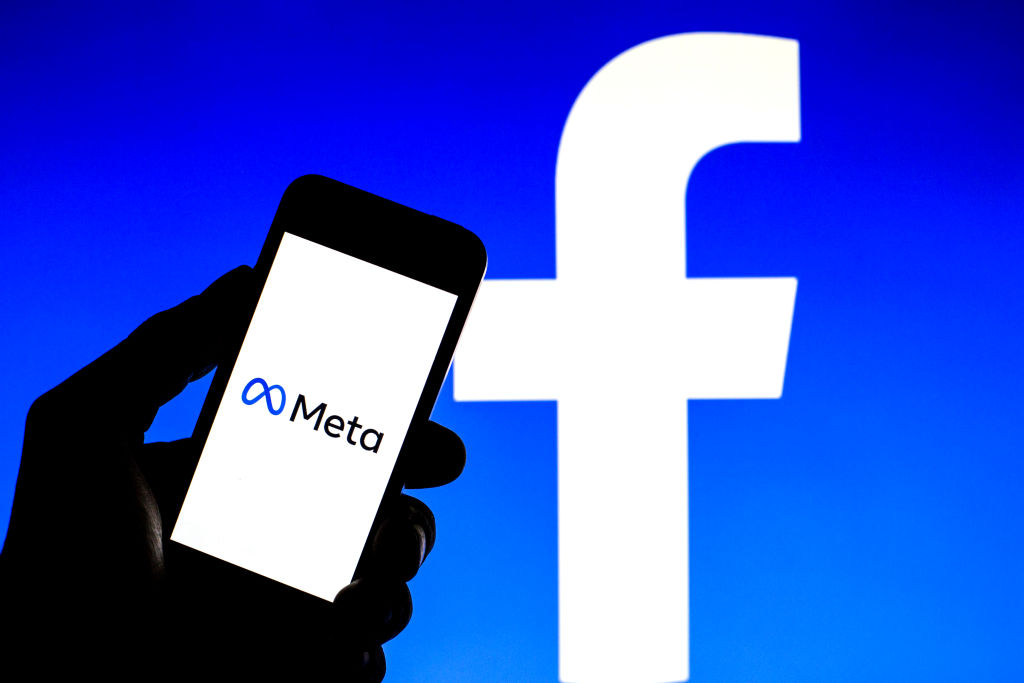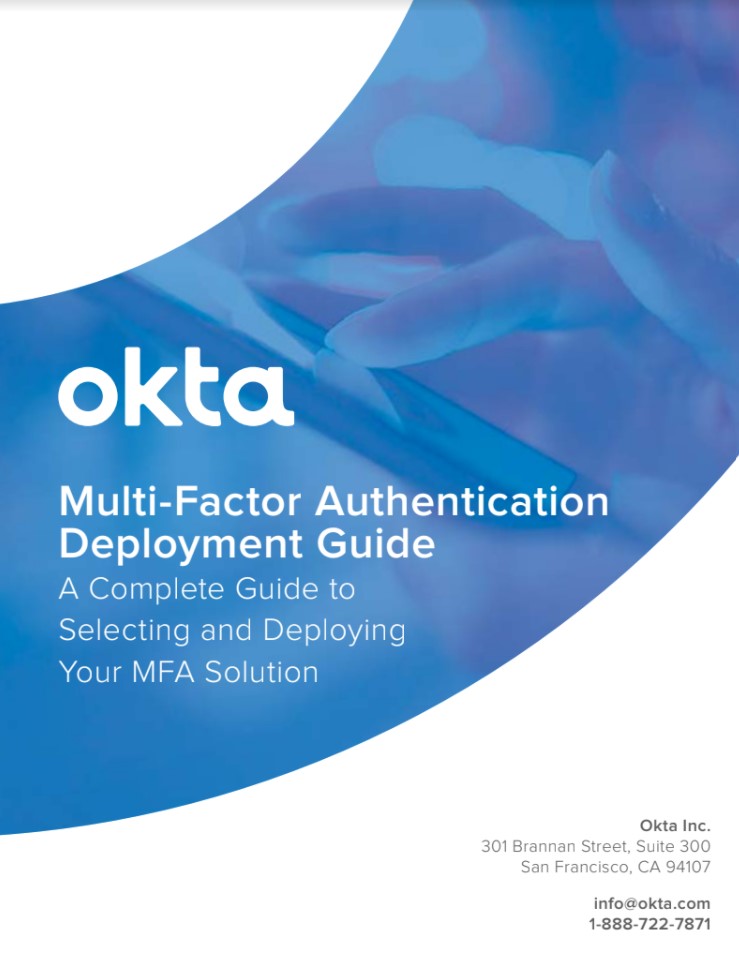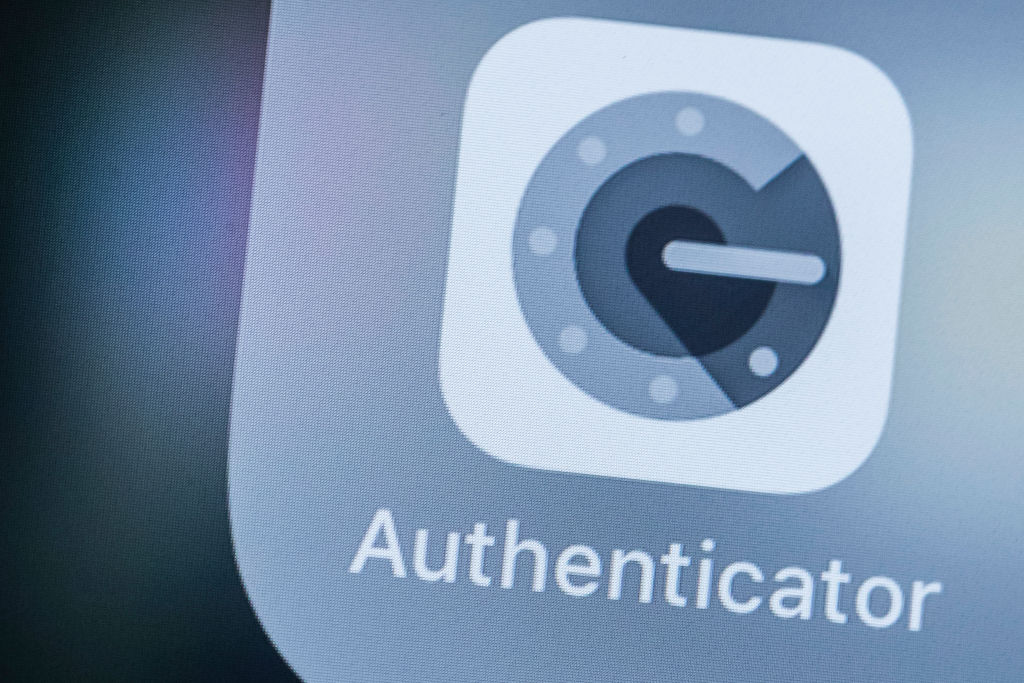Meta makes 2FA mandatory for high-risk users
Journalists and activists must adopt extra protective measure under new rule


Meta will start forcing its most-targeted users to use two-factor authentication as part of an expansion to its Facebook Protect program.
The expansion will also see the company roll out the program in more countries, reaching over 50 by the end of the year, including India and Portugal.
The company launched its Protect program in 2018 to introduce more security controls, including monitoring for potential hacking threats. It expanded the initiative ahead of the 2020 US election.
The company had already announced that it was introducing 2FA in 2011. Of the 1.5 million accounts that registered with the Facebook Protect program, 950,000 use the 2FA option, it said.
"However, this important feature has been historically underutilized across the internet — even by people that are more likely to be targeted by malicious hackers, such as journalists, activists, political candidates and others," it added.
Requiring that these groups use the 2FA feature will help to protect highly targeted people, the company said.
Meta will prompt accounts deemed high-risk to enrol in the Protect initiative. People who believe they fit this description can also apply to be enrolled through their organizations.
Get the ITPro daily newsletter
Sign up today and you will receive a free copy of our Future Focus 2025 report - the leading guidance on AI, cybersecurity and other IT challenges as per 700+ senior executives
RELATED RESOURCE

Multi-factor authentication deployment guide
A complete guide to selecting and deploying your MFA authentication guide
The company will also work to simplify the process in the coming months, it added, making enrolment easier and improving customer support for the feature. It has already been testing these measures, and said that it improved adoption rates to over 90% among targeted groups.
In October, following testimony about its internal policies by whistleblower Frances Haugen, the company expanded its harassment policy to protect public figures. It banned content that degraded or sexualized public figures, reflecting existing policies that applied to private individuals.
It also added more protections for journalists and human rights activists, and banned coordinated harassment in which groups of people work together to target individual users.
Danny Bradbury has been a print journalist specialising in technology since 1989 and a freelance writer since 1994. He has written for national publications on both sides of the Atlantic and has won awards for his investigative cybersecurity journalism work and his arts and culture writing.
Danny writes about many different technology issues for audiences ranging from consumers through to software developers and CIOs. He also ghostwrites articles for many C-suite business executives in the technology sector and has worked as a presenter for multiple webinars and podcasts.
-
 Should AI PCs be part of your next hardware refresh?
Should AI PCs be part of your next hardware refresh?AI PCs are fast becoming a business staple and a surefire way to future-proof your business
By Bobby Hellard
-
 Westcon-Comstor and Vectra AI launch brace of new channel initiatives
Westcon-Comstor and Vectra AI launch brace of new channel initiativesNews Westcon-Comstor and Vectra AI have announced the launch of two new channel growth initiatives focused on the managed security service provider (MSSP) space and AWS Marketplace.
By Daniel Todd
-
 Microsoft Authenticator mandates number matching to counter MFA fatigue attacks
Microsoft Authenticator mandates number matching to counter MFA fatigue attacksNews The added layer of complexity aims to keep social engineering at bay
By Connor Jones
-
 As Google launches passwordless authentication for all, what are the business benefits of passkeys?
As Google launches passwordless authentication for all, what are the business benefits of passkeys?News Google follows Apple in its latest shift to passwordless authentication, but what are the benefits?
By Ross Kelly
-
 There's only one way to avoid credential stuffing attacks
There's only one way to avoid credential stuffing attacksOpinion PayPal accounts were breached last year due to a credential stuffing attack, but can PayPal avoid taking responsibility?
By Davey Winder
-
 Google Authenticator 2FA update accused of making service less secure
Google Authenticator 2FA update accused of making service less secureNews Lack of end-to-end encryption in code backup has some developers worried
By Rory Bathgate
-
 Five things to consider before choosing an MFA solution
Five things to consider before choosing an MFA solutionIn-depth Because we all should move on from using “password” as a password
By Rene Millman
-
 Latest Meta GDPR fine brings 12-month total to more than €1 billion
Latest Meta GDPR fine brings 12-month total to more than €1 billionNews Meta was issued with two hefty GDPR fines for “forcing” users to consent to data processing
By Ross Kelly
-
 What is multi-factor authentication (MFA) fatigue and how do you defend against attacks?
What is multi-factor authentication (MFA) fatigue and how do you defend against attacks?In-depth Strong authentication is key to security, but it needs to be properly managed to avoid MFA fatigue
By Sandra Vogel
-
 Beyond Identity strikes up strategic partnership with World Wide Technology
Beyond Identity strikes up strategic partnership with World Wide TechnologyNews WWT will implement Beyond Identity’s authentication platform internally while also acting as a global channel partner
By Daniel Todd